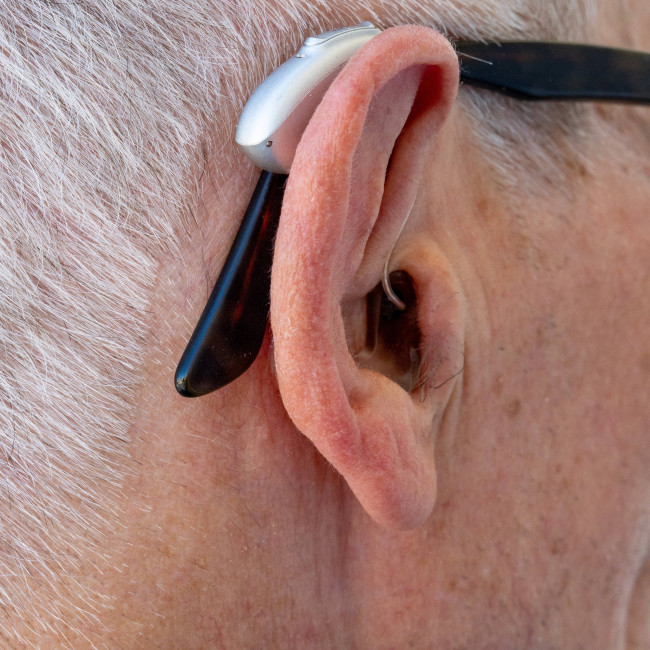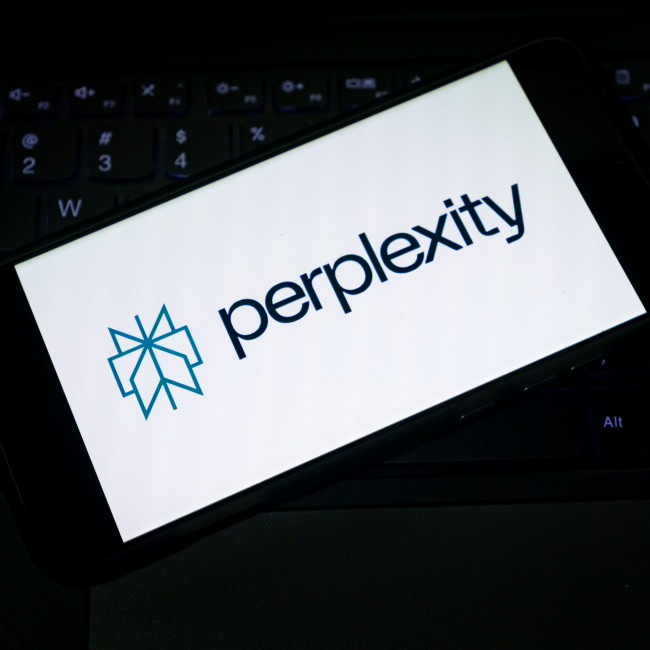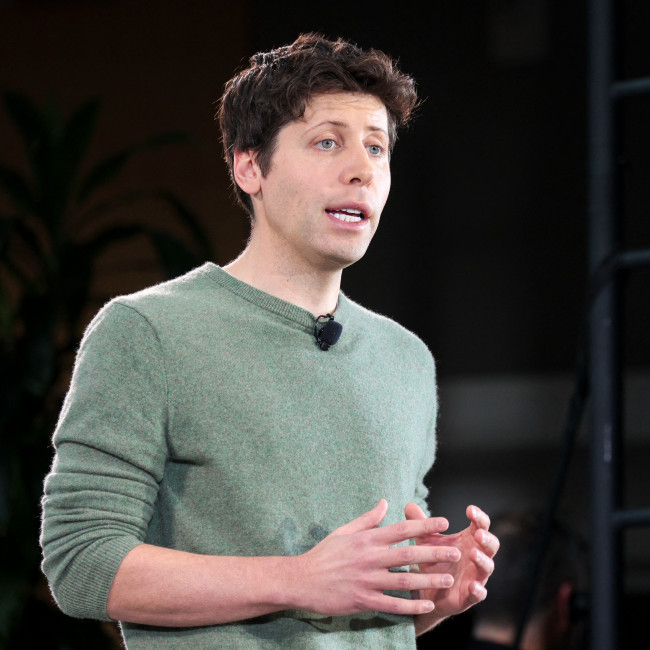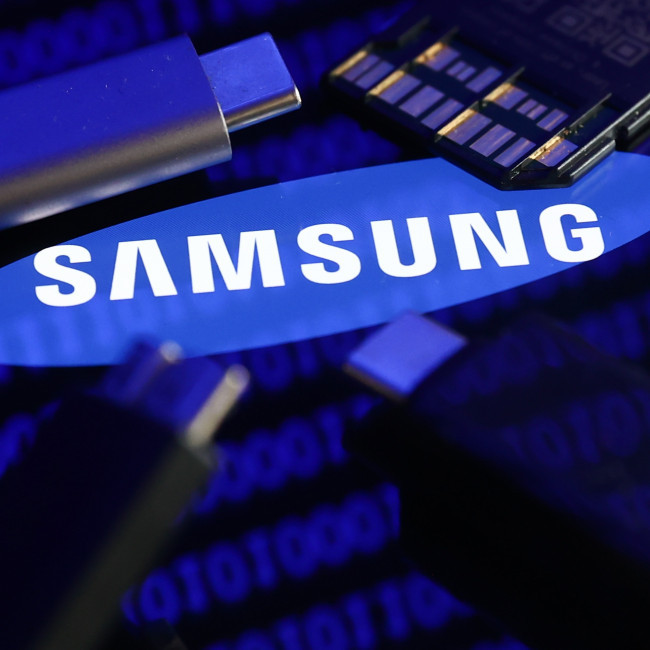Scientists in Scotland are developing “superpower” glasses that use artificial intelligence (AI) to help those with poor hearing in noisy areas.
Scientists are working on “superpower” glasses to help those with poor hearing.
Researchers at Heriot-Watt University in Edinburgh are hoping to fix a long-standing problem for people who struggle to hear what others are saying in crowded and noisy places.
The experts are developing spectacles with built-in cameras that use artificial intelligence (AI) to translate lip movements into speech, which is then transmitted to a hearing aid or headphones.
The glasses use a smartphone app to 5G to send audio and visual data to a powerful cloud server.
AI isolates the speaker’s voice from the surrounding noise and sends the cleared-up audio to the listener almost instantaneously.
Professor Mathini Sellathurai, the leader of the project, said: “We’re not trying to reinvent hearing aids – we’re trying to give them superpowers.
“You simply point the camera or look at the person you want to hear. Even if two people are talking at once, the AI uses visual cues to extract the voice of the person you’re looking at.”
Heriot-Watt University experts – together with researchers at the universities of Edinburgh, Napier and Stirling – are hoping to have a working version of the glasses ready next year.
They are in talks with hearing aid manufacturers about potential partnerships and hope to reduce costs by making the devices widely available.
The device is still in the prototype stage but tests on the technology have shown promising early results.
The team have shifted the heavy processing work to cloud servers as far afield as the Swedish capital Stockholm, allowing the application of powerful deep-learning algorithms that won’t overload the small, wearable device.
Professor Sellathurai said: “There’s a slight delay, since the sound travels to Sweden and back, but with 5G, it’s fast enough to feel instant.
“One of the most exciting parts is how general the technology could be. It’s aimed to support people who use hearing aids and who have severe visual impairments, but it could help anyone working in noisy places – from oil rigs to hospital wards.
“There are only a few big companies that make hearing aids and they have limited support in noisy environments. We want to break that barrier and help more people, especially children and older adults, access affordable AI-driven hearing support.”
Scientists develop ‘superpower’ glasses to help the hard of hearing









